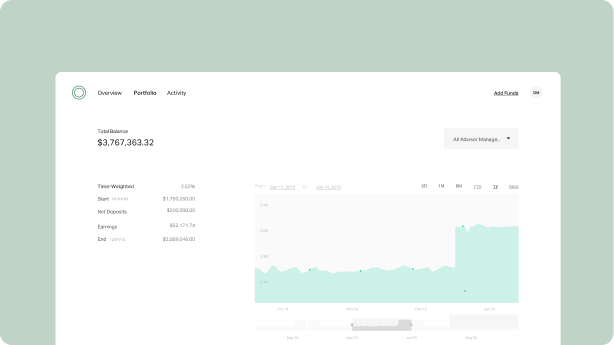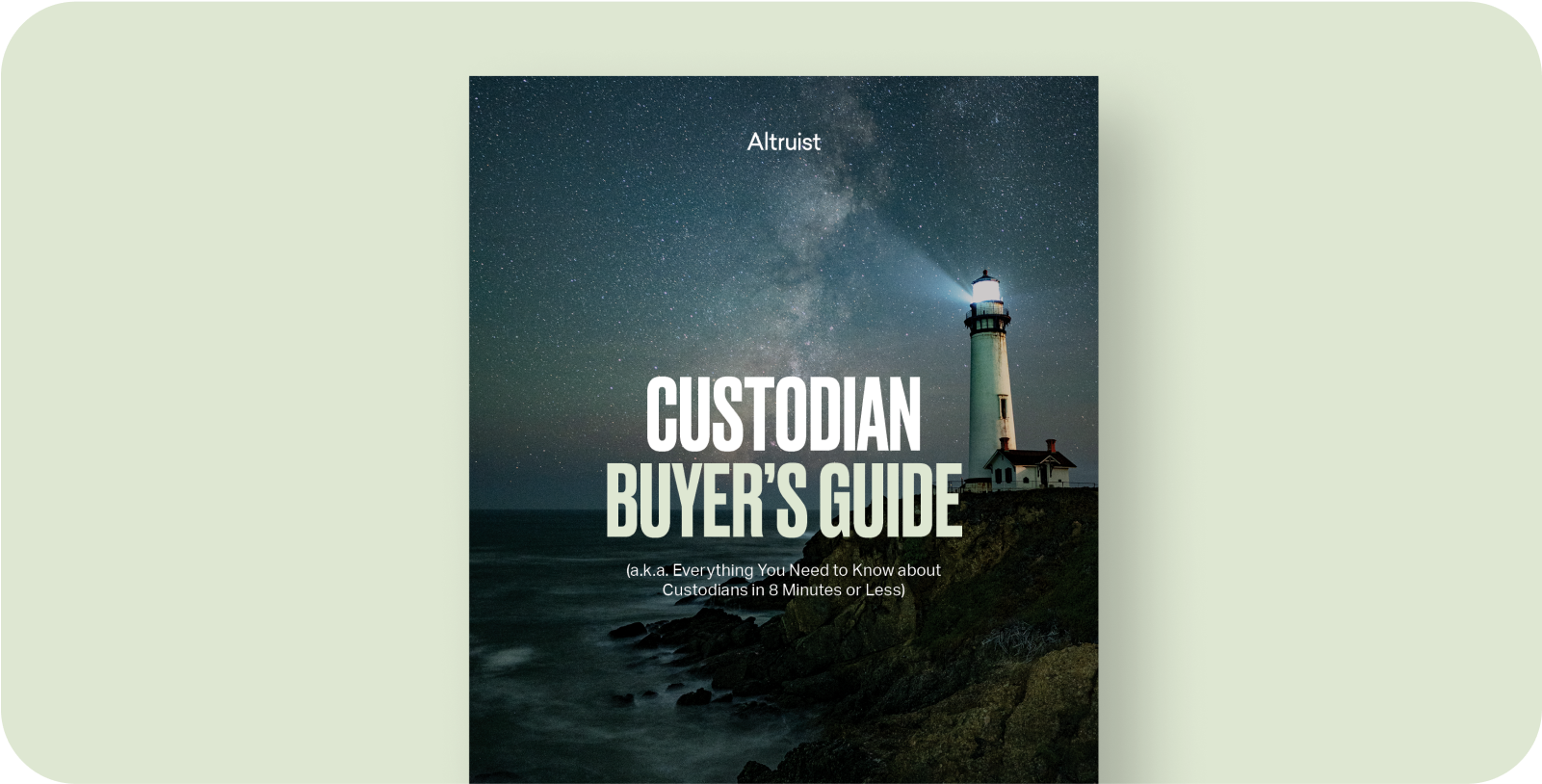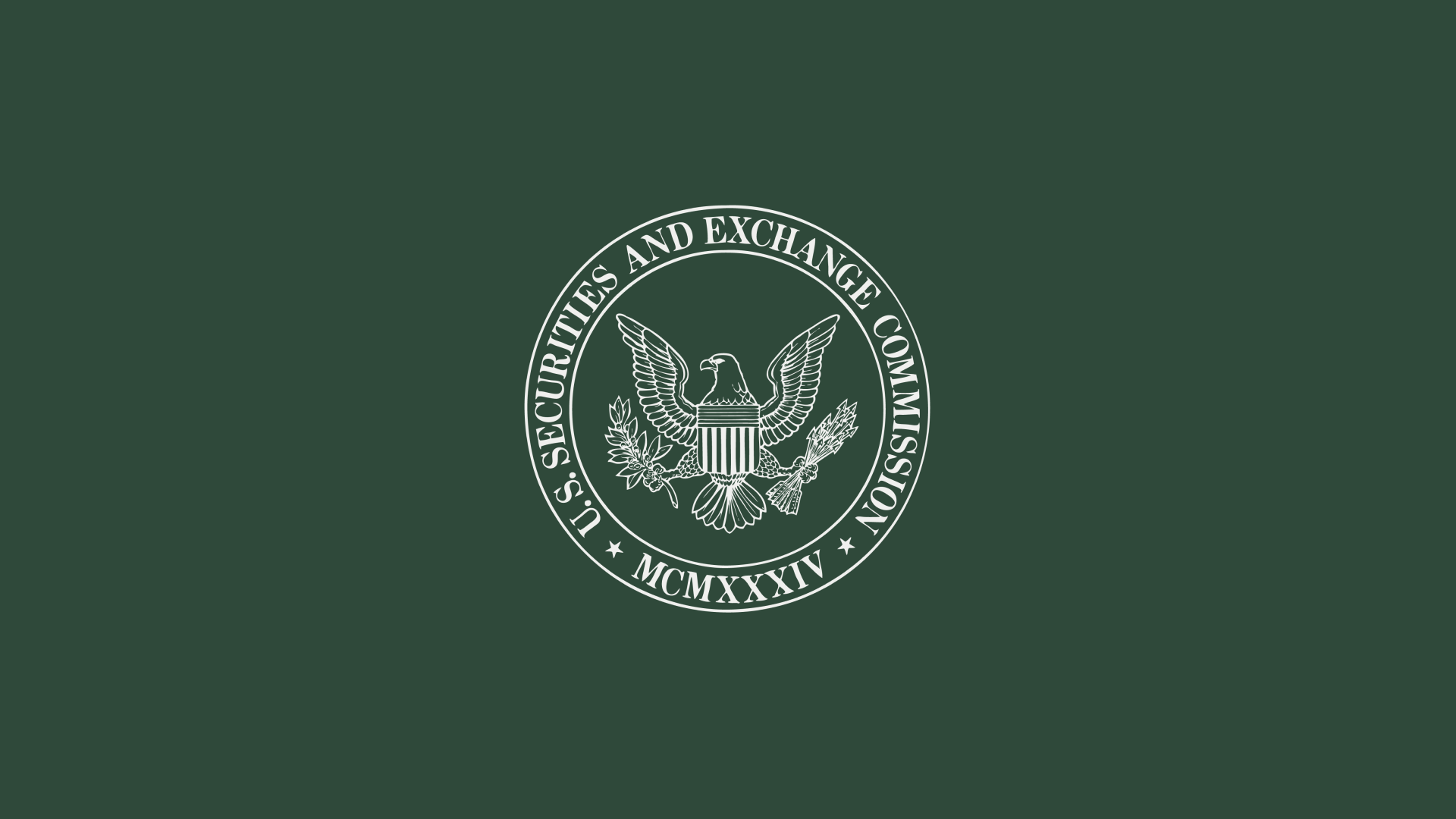Note: this post was updated on October 24th, 2023
You might be able to renovate your kitchen floor without hiring a professional or bake your daughter an extravagant birthday cake from scratch—but should you DIY compliance for your firm?
What's RIA Compliance?
First, some quick housekeeping. RIA compliance refers to the regulatory and legal obligations Registered Investment Advisors (RIAs) must adhere to in their operations.
These guidelines, mandated by the Securities and Exchange Commission (SEC) and state securities regulators, provide guardrails to ensure RIAs act in their clients' best interests while maintaining professionalism and integrity. Compliance rules protect investors and RIAs, promoting trust and credibility in financial advising.
The rules are constantly being updated and modified – sometimes in complicated ways – leading firms to invest resources in compliance management to stay ahead of the curve.
As more financial advisories work to meet complex compliance requirements, from filing the appropriate forms to the New Marketing Rule, the demand for compliance officers is rising.
How to handle compliance for your RIA
Many advisors seek highly experienced compliance professionals in the financial services industry to help keep their firm current with regulatory standards. Other advisors are handling compliance independently and trying to figure it out without hiring a professional.
So I contacted Max Schatzow, an attorney at Stark & Stark's Investment Management & Securities Group, to ask his take on this age-old dilemma—to build or buy.
Max concentrates his practice on counseling financial service entities, including investment advisers, broker-dealers, and private investment companies like hedge funds, private equity funds, and real estate funds on registration, compliance, liability, and litigation issues.
As the founder of your financial firm, the responsibility to manage compliance rests on your shoulders. At the same time, with so many hats to wear, is it better to hire a professional to handle this critical role?
Is it better to outsource RIA compliance?
The answer to this question heavily depends on your firm's business model. As advisory firms become more advanced and the industry gravitates toward larger groups, advisors are moving to outsource compliance for their RIA and hire a specialist dedicated to compliance.
For RIAs who do not have the in-house resources or expertise, outsourcing can be an efficient way to ensure that the firm meets all regulatory obligations. These external providers stay updated with the latest regulations and offer a specialized perspective on ensuring proper compliance.
Importantly, with the growing number of financial advisors with a fee-only model approach to their RIA, the SEC requires a dedicated Chief Compliance Officer (CCO) responsible for administering your policies and procedures.
Why is a CCO required for compliance?
In a world of increasingly complex regulations, more specialized expertise and sophisticated skills are required—as well as competencies in risk, technology, operations, and leadership skills.
This is why a dedicated CCO can be a critical member of your team. This role is responsible for ensuring your firm complies with all internal and external policies and relevant financial regulations.
From creating and maintaining a compliance manual to drafting and filing a Form ADV for the firm to ensuring adequate compliance standards across the board – a CCO is in charge of managing risk, identifying any issues before they germinate, and guiding the firm to maintain compliance in all aspects of the business.
While having a compliance officer in your corner sounds ideal, what if you can't afford it yet? Is there a DIY approach to compliance that can work for your firm?
How DIY compliance can work for your RIA
As a financial advisor (and business owner), the ability to identify potential risks to your firm is important. Some risks, like client complaints and regulatory reviews, are inherent in the financial services industry. And when it comes to client relationship management, you'll find risks you can control—and those you can't.
There's no getting around it: if you decide on DIY compliance for your firm, it will eat up some of your time.
The best way to prepare yourself to manage compliance is to create a plan and invest time and resources. This could mean dedicating a few weekends to reading and learning before starting your RIA or setting aside weekly hours to review content with a compliance lens.
With digital resources like webinars and courses, there are many ways to protect your practice against risks and stay up-to-date on changes in the industry.
Software solutions have also become popular tools in this effort.
Rise of RIA compliance software
With the increasing complexity of compliance regulations, many firms are turning to RIA compliance software services to simplify the process of staying compliant.
This software can automate many tedious tasks related to compliance documentation, reporting, and monitoring. It often features real-time tracking, alerts for potential violations, and tools to ensure ongoing compliance with ever-changing regulations.
While compliance software cannot a CCO, this technology can be useful in filling gaps in compliance operations and improving efficiency.
Financial advisor marketing compliance
Maintaining proper fiduciary practices is top of mind for any financial advisor, but there are certain key compliance areas that RIAs may overlook.
Take marketing, for example. A business owner will naturally engage in marketing to attract new clients. However, RIAs must be careful that any marketing efforts strictly comply with the rules set forth by the SEC and state regulators.
This includes ensuring that all claims are truthful and backed up by evidence, avoiding misleading or exaggerated statements, and properly disclosing any conflicts of interest.
RIA website compliance
The same goes for your digital footprint.
A firm's website is often the first point of contact for potential clients, and maintaining its compliance status is critical. RIAs must ensure their websites provide accurate information about services, fees, and qualifications. Furthermore, any testimonials, past performances, or forecasts must be presented with appropriate disclaimers and disclosures to avoid potentially misleading visitors to the site.
Website compliance is just one digital area that advisors must stay on top of.
RIA social media compliance
The rise of social media has presented a new set of challenges for RIAs. While curating a following on platforms like LinkedIn, X (formerly known as Twitter), Facebook, and Instagram can be an excellent business strategy, advisors must be careful about what they post online and how they document those posts.
Proper procedures include double-checking that any claims are accurate, avoiding real-time advice that hasn't considered a client's circumstances, and consistently monitoring and archiving social media activity in case of regulatory inquiries.
RIA compliance checklist
A comprehensive compliance checklist can be invaluable for RIAs to navigate the regulatory landscape successfully. This list might include (but is not limited to):
- Annual updating of Form ADV.
- Regular reviews of advertising and marketing materials.
- Ongoing training for employees on compliance matters.
- Periodic risk assessments to identify potential vulnerabilities.
- Maintenance of a robust cybersecurity protocol.
- Regular audits and reviews to identify any compliance gaps.
- Keeping up with changes in federal and state securities laws.
- Monitoring and archiving of electronic communications, including emails and social media activity.
By staying organized and proactive, RIAs can ensure they remain in good standing with regulators and continue building trust with their clients.
Ultimately, the responsibility for compliance oversight rests with you. Based on your business model, time, and resources, does hiring a CCO or taking on the role yourself make sense? Only you can make the best decision for your firm. Thankfully, there's no wrong decision—just two different sides to a coin.
For an even deeper dive on setting up compliance for your firm – including specific tips for hiring or appointing a CCO, check out our RIA compliance guide from Altruist's Going Independent Series.













